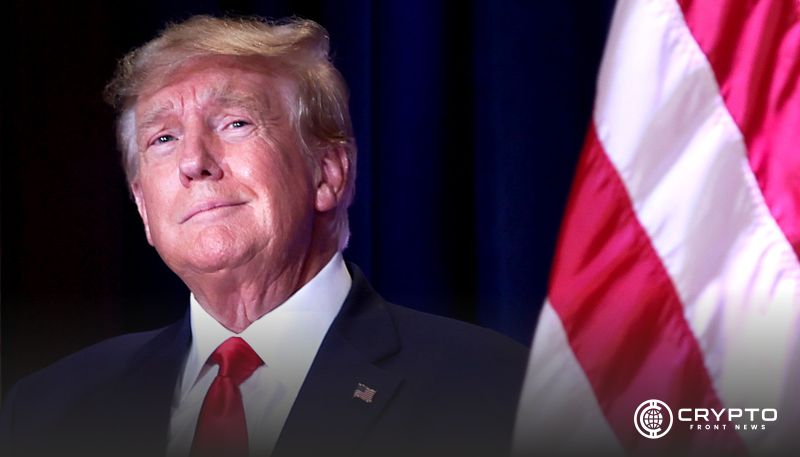- The GENIUS Act outlines stablecoin regulations, including reserve usage and anti-illicit finance measures, and faces a Senate vote today.
- Senators claim Trump’s crypto dealings, including the USD1 Stablecoin, may benefit from the bill’s passage and regulatory structure.
- A private dinner for foreign-based $TRUMP token holders sparked bipartisan concern over ethics and potential conflicts in presidential influence.
The Guiding and Establishing National Innovation for U.S. Stablecoins (GENIUS) Act of 2025 is set to face a final Senate vote today. The bill, championed by President Donald Trump, outlines a regulatory framework for stablecoins, including usage for national reserves and oversight to prevent illicit activity. The proposal passed the Senate Banking Committee with an 18–6 vote earlier this year.
Despite its bipartisan origins, Democratic lawmakers are now voicing firm resistance. Senators Elizabeth Warren and Jeff Merkley have publicly opposed the bill, citing concerns that it directly benefits Trump’s digital currency ventures. Their criticism intensified after recent reports surfaced about World Liberty Financial (WLFI), a Trump-linked entity, receiving $2 billion in backing from an Abu Dhabi-based investor.
Senator Warren has claimed the GENIUS Act poses a conflict of interest, pointing to Trump’s involvement in a digital token known as USD1 Stablecoin. She argued that legislation supporting stablecoins may lead to personal gains for the President. Meanwhile, Senator Bernie Sanders echoed concerns, warning that the bill could undercut consumer protections and allow financial advantages for the Trump family through decentralized finance.
Crypto Investor Dinner Raises Ethical Questions
New developments have raised more questions about the administration’s crypto ties. A private dinner invitation was extended to the top 220 holders of the $TRUMP token. Reports indicate a notable share of these investors are based overseas, prompting critics to question the implications of foreign participation in events closely tied to the President.
As the legislative debate intensifies, Democrats continue to challenge the bill’s intent and potential consequences. Opposition leaders have voiced disapproval over the accelerated timeline, requesting further review of the bill’s structure and stakeholder links. Nonetheless, the vote will proceed on May 8, setting the stage for a closely watched outcome.





